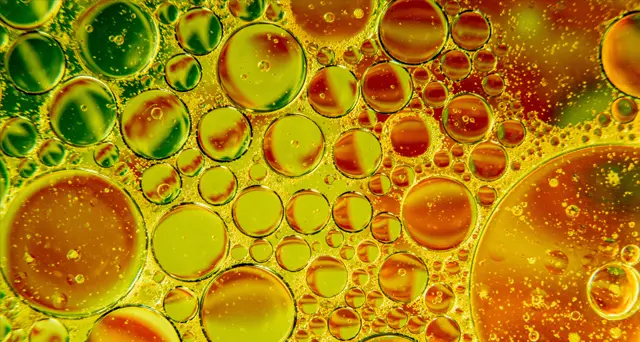Biodiesel Facts
- Home
- Commodities Brokerage
- Biodiesel Facts

What is Biodiesel?
Biodiesel is a clean-burning, biodegradable, alternative fuel produced from vegetable oils or animal fats. To be called biodiesel, it must meet American Society for Testing & Materials (ASTM D-6751) quality specifications. Blends of biodiesel can range from 1% to 99%. Common blends used are B2, B5, B10 and B20. Many farmers use even higher blend levels in their equipment.
Biodiesel has the highest fossil energy balance of any transportation fuel. According to the U.S. Departments of Agriculture and Energy, for every unit of fossil energy used to make biodiesel, 3.2 units of energy are produced. This takes into account the planting, harvesting, fuel production and fuel transportation to the customer when using an agricultural feedstock.
Biodiesel has a viscosity similar to petrodiesel, the current industry term for diesel produced from petroleum. It can be used as an additive in formulations of diesel to increase the lubricity of pure Ultra-Low Sulfur Diesel (ULSD) fuel, which is advantageous because it has virtually no sulfur content. Much of the world uses a system known as the "B" factor to state the amount of biodiesel in any fuel mix, in contrast to the "BA" or "E" system used for ethanol mixes. For example, fuel containing 20% biodiesel is labeled B20. Pure biodiesel is referred to as B100.
Biodiesel provides engine lubricity which helps extend engine life and reduce maintenance costs. Even biodiesel levels as low as one percent can provide up to a 65% increase in lubricity. No diesel engine modifications are needed to use biodiesel. B100 reduces ozone (smog) formation by 50%. Biodiesel is a renewable fuel with positive performance benefits. Increased cetane, high fuel lubricity and increased oxygen content make it a preferred blending agent for ultra-clean diesel. Biodiesel is biodegradable and non-toxic, and typically produces about 60% less net carbon dioxide emissions than petroleum-based diesel, as it is itself produced from atmospheric carbon dioxide via photosynthesis in plants.
As a domestically-produced fuel, biodiesel can reduce the need for fossil fuel and improve the nation's energy security. Biodiesel is registered as a fuel and fuel additive with the EPA and meets clean diesel standards established by the California Air Resources Board (CARB). B100 (100% biodiesel) has been designated as an alternative fuel by the U.S. Department of Energy and the U.S. Department of Transportation. Fleets covered under EPACT (federal, state and public utilities) can meet the alternative fuel vehicle purchase requirements by purchasing a minimum of 450 gallons of B100 and blending it to a 20% level with diesel fuel for use in new or existing diesel vehicles.
Biodiesel can also be used as a heating fuel in domestic and commercial boilers.
